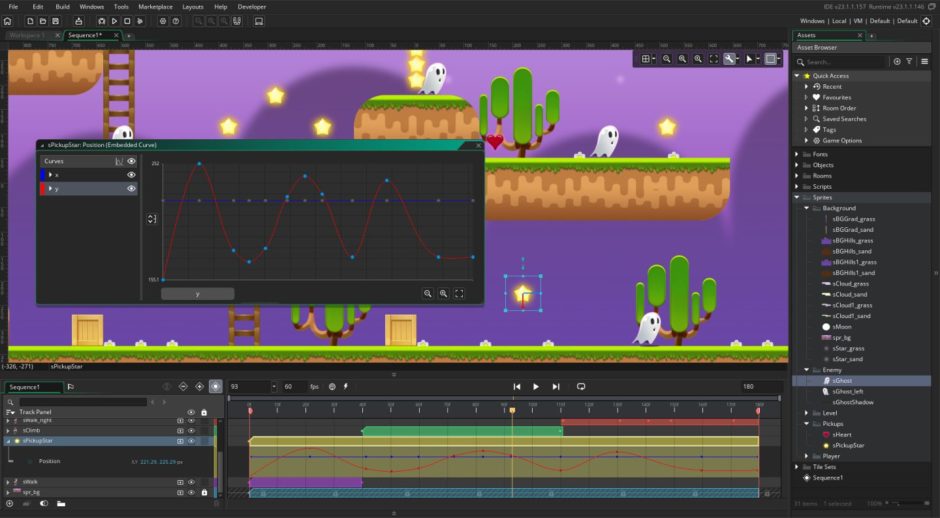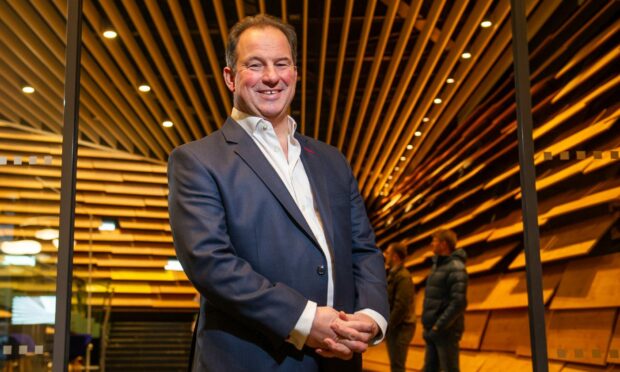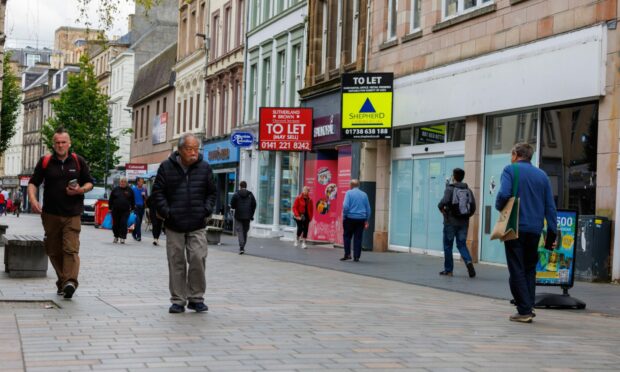Deal activity will reach historic highs in 2021 according to a local expert.
Opinion by Rod Mathers, corporate finance partner at MHA Henderson Loggie.
The rate at which businesses are bought and sold is a good barometer of the nation’s confidence in the wider economy.
Last year was a year of mixed confidence for obvious reasons and arguably is a story of four quarters.
At the start of the year, UK mergers and acquisition (M&A) activity was set to reach record levels, only to be abruptly halted in mid-March as many deals were aborted or paused.
Confidence remained low until June because of widespread uncertainty which saw deal volumes drop by almost a third in the first half of the year compared to 2019.
The summer months signalled a recovery driven by sectors least affected – and in some cases strengthened – by the pandemic, such as healthcare and technology, and by short-term reactive activity to protect or generate cashflow, survive and to mitigate risk.
Activity in Q4 continued to rise to levels not seen since the end of 2018, despite added complications arising from Brexit, which may have been partly due to the catch-up of deals put on hold earlier in the year.
The result was that by the end of 2020, deal volumes had fallen short by only 15%.
The 2020 experience has meant those businesses that have survived are now more resilient, more efficient due to a closer scrutiny on costs and more advanced in terms of technology adoption which has led to more flexible and agile operations.
These factors, combined with a clear strategy and supported by confidence that the economy will recover following a successful vaccine programme, are likely to result in deal activity reaching historic levels by the end of 2021.
The signs are already there, but this is sector specific and is influenced by business owners rushing to conclude deals before the Budget to avoid the risk of potential changes to capital gains tax.
However, there is speculation that changes won’t come into effect until the autumn statement, which may mean that activity will continue to be high throughout most of the year.
Tayside’s flourishing gaming sector is a good example. Gaming activity is increasing at a rapid rate due to continuous improvements in technology and increased accessibility and awareness during lockdown.
At the higher end of the market, Electronic Arts’ acquisition of Codemasters, the publisher of motor racing video games, at a 28% premium to their rival Take-Two Interactive’s bid, demonstrates the buoyancy of the sector.
Two recent local transactions are the acquisition of Ruffian Games by Rockstar Games and the acquisition of YoYo Games by Opera.
Both deals involved foreign buyers, which highlights the confidence overseas buyers have in the UK. The value of the pound is currently low, which makes the UK an attractive place to invest.
However, with heightened government intervention, there are signs of protectionist moves against cross-border deals.
Another driver for growth in 2021 is technology. Not only will there be consolidation in the sector, but large corporations will acquire tech companies or products to enhance and improve their business and service offering.
In the oil & gas sector there is a trend towards energy transition and the companies that can diversity into renewables or other more carbon-friendly or neutral activities will be most attractive to a buyer.
Valuations took a dip in the middle of last year but have since recovered to record levels, a sign that the M&A market in the UK has been resilient despite the challenges of Brexit and the Covid-19 pandemic.
Private equity buyers have been active throughout and are paying equivalent prices to trade buyers. The availability of significant funds will mean that private equity will be a dominant force in driving deal activity in 2021.
Brexit and Covid have had an impact on risk assessment, which will be factored into the process in terms of heightened due diligence.
So, 2021 is shaping up to be a bumper year for deal activity with significant investment into companies to support growth ambitions.
Combined with government support, this active market will – most importantly – have a positive impact on jobs.












